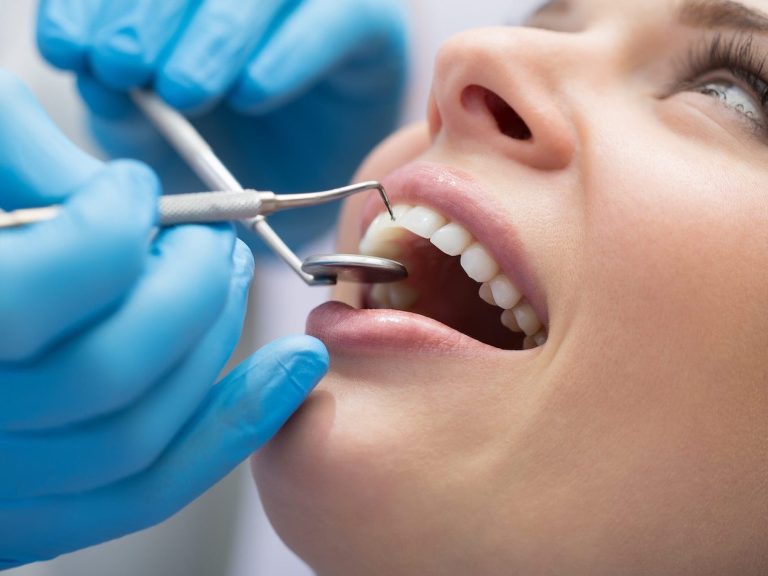Infectious disease specialist: I have no doubt that shingles is a serious disease

I see these patients in the infectious disease ward, and they often have severe shingles. It is very difficult to choose treatment for them, especially when they are older patients. Many patients also suffer from postherpetic neuralgia. The pain associated with shingles is more severe for patients, even than cancer pain, says Prof. Krzysztof Tomasiewicz, head of the Infectious Diseases and Hepatology Clinic of the Medical University of Lublin, vice-president of the Polish Society of Epidemiologists and Infectious Disease Physicians.
Katarzyna Pinkosz, Wprost: You treat patients every day in the infectious diseases ward. Do your patients also include people suffering from shingles? Are they taken to hospital?
Prof. Krzysztof Tomasiewicz: Of course, not a week goes by without us seeing such patients. It's a myth that shingles is a benign disease. Yes, in some cases this is the case, but it also happens that the skin lesions are very extensive. Typical changes in the form of vesicles can be seen on the skin surface. If they are damaged, ulcerations occur and scars remain.
Some locations of changes are very dangerous – e.g. around the ears, which may cause hearing loss. In turn, ophthalmic shingles can damage the cornea, which is a threat to vision. Shingles may cause general complications – related to the nervous system. During the disease and after its completion, the so-called postherpetic neuropathy.
The pain associated with shingles is one of the highest pain complaints on the pain scale, it is even classified higher and more severe than cancer pain and even than labor pain. In fact, there is data showing that the pain associated with shingles is the 10th cause of suicide among elderly patients in the United States.
That's why we see how shingles prevention is extremely important.
However, in Poland it is a neglected disease. Just like chickenpox…
Chickenpox is caused by the same virus, which is not eliminated from the body. It can lie dormant and reactivate over time, causing the symptoms of shingles. It's true that shingles is an underestimated disease: it's quite strange. I think that's why even some doctors believe that it is a disease that is treated quite well. Yes, we have antiviral drugs, but the problem is that, especially in elderly patients, treatment is not that simple. It causes side effects – we often see this in older patients.
Moreover, treating shingles does not guarantee that we will avoid the development of postherpetic neuropathy. This means: with treatment we achieve the main goal: we are able to cure patients from an acute condition, but sometimes consequences remain.
Should a person who develops shingles see a doctor as soon as possible and start treatment?
Yes, you should see a doctor as soon as possible and start taking antiviral drugs, as it shortens the duration of the disease and reduces the risk of acute complications. In most cases, the disease is easy to recognize, although of course there are cases when it is not easy.
Can the disease itself be so severe that patients end up in hospital?
We have many such patients, often elderly people with multi-morbidities. There is always a problem with their treatment, because for some elderly people, large doses of antiviral drugs may cause side effects, e.g. disorientation. Some patients will even require psychiatric help as a side effect of the medications they take. You need to be very sensitive to notice side effects early.
The ocular form is very dangerous. The most important thing is to avoid damaging the cornea, as this may cause vision impairment.
For which patients is shingles most dangerous? And therefore, who should get vaccinated?
Reactivation of the virus and shingles usually occurs when immunity weakens. Regardless of age, all people over 18 years of age who suffer from oncological or hematological diseases, have undergone organ transplantation or have kidney failure should be vaccinated. Immunity is weakened not only by diseases, but also often by the method of treatment – modern therapies are very effective, but they largely rely on affecting the immune system through immunosuppression. All of these people may be afraid of getting shingles. They have a higher risk of postherpetic neuralgia. We should also remember that the mere occurrence of shingles may delay the treatment of the underlying disease.
The immune system also weakens with age, so all people over 65 years of age should be vaccinated, or rather, according to the latest recommendations, the age limit is 50 years. The older a person is, the more likely they should be vaccinated, but we recommend vaccination from the age of 50.
Let's not delay vaccination. It is worth remembering that if we get e.g. an oncological or hematological disease, when vaccinations are even more recommended, they are less effective. It is better to get vaccinated earlier.
What about people who don't remember having had chickenpox? Should they get vaccinated too?
In practice, every adult has had chickenpox, although the symptoms of chickenpox were not always visible. There are cases of abortive symptoms with minor symptoms. There is little probability that a person aged 50, 60, 70 or 80 has avoided infection.
Do you have no doubt that shingles is a serious disease?
Of course, I have no such doubts. And I have no doubt that it is worth getting vaccinated.






